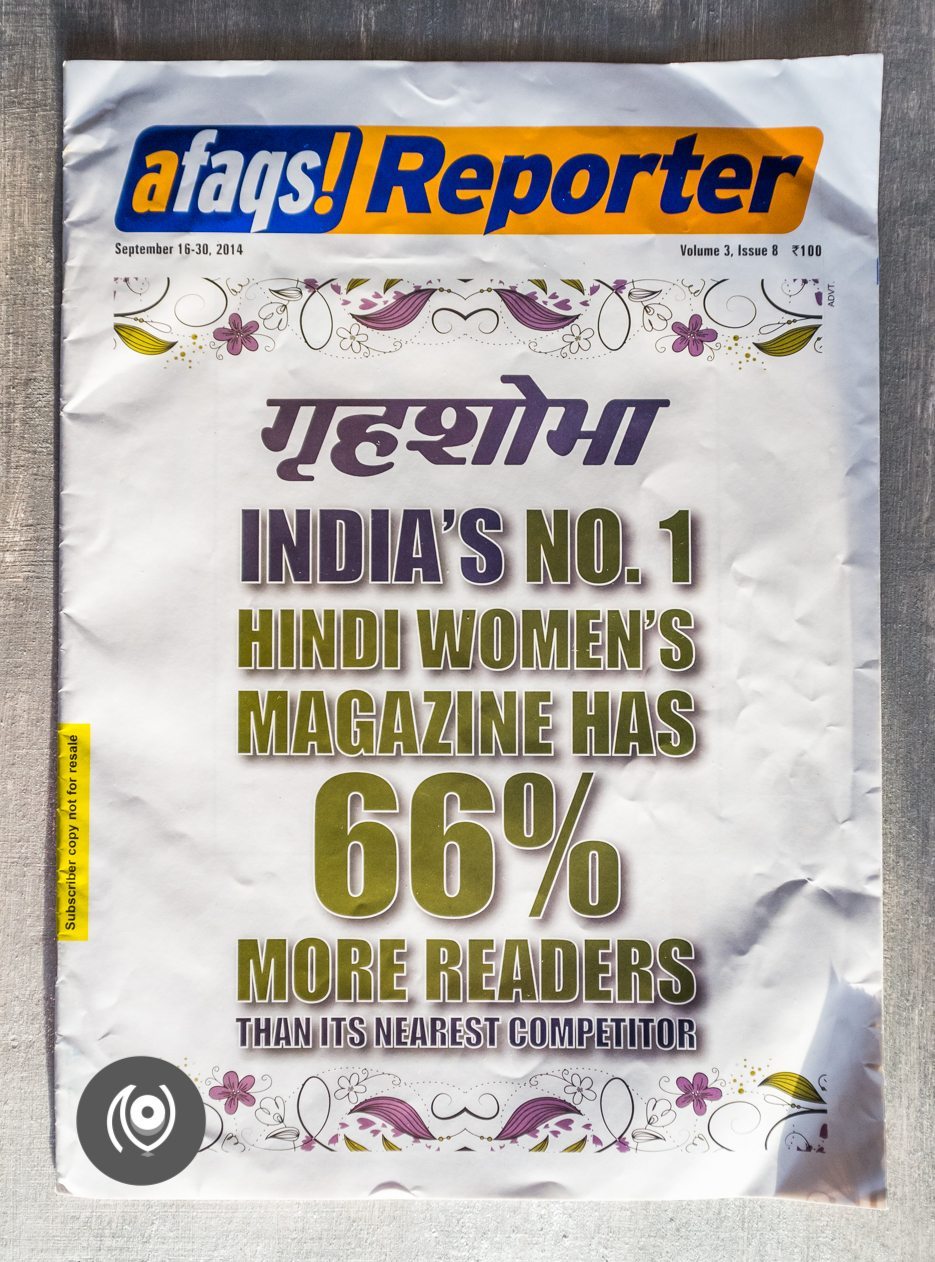
Satrajit from afaqs! recently emailed me for a cover story that the afaqs! Reporter was doing on The New Influencers. I received a print copy a few days ago and not only is the cover story interesting, there’s a whole lot of other interesting content in the edition as well.
An excerpt from the start of the article,
“…social media has many wizards but only a few stand out as influencers. These ‘social media influencers’ are people who create and share interesting or valuable content with the niche audiences that follow them. They might be bloggers with a large readership or socially savvy consumers with loyal followers on Facebook, Twitter, YouTube or Pinterest. Influencers are trusted by their audiences and typically focus on a particular area like food, parenting, fitness, fashion, entertainment or technology.”
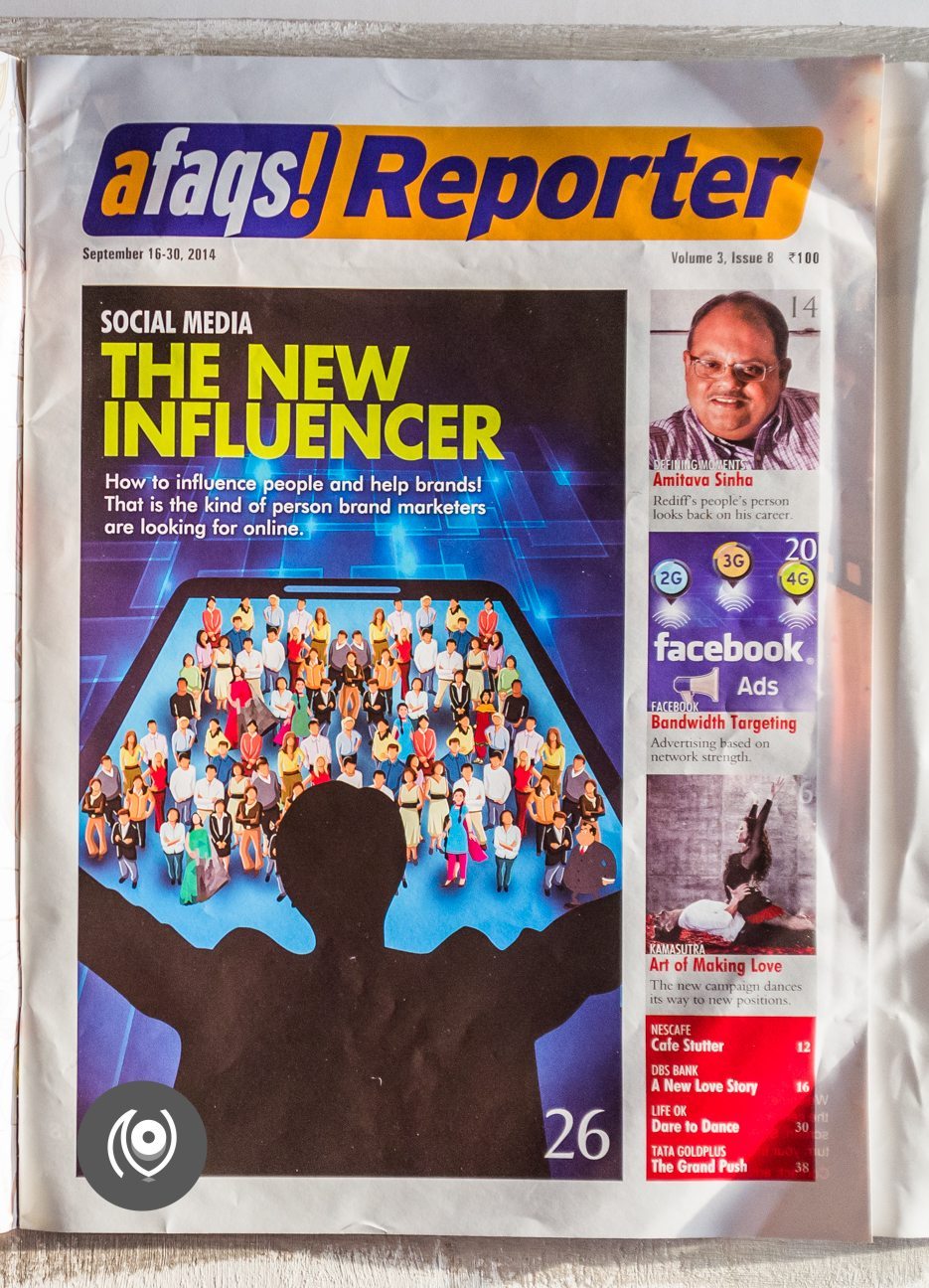
Another excerpt from the story:
“For a business, a social media influencer is someone who could help increase the business of the brand. Many brands in India now regularly engage with a social influencer to carry their message to a large group of loyal audiences across digital platforms. “An influencer is media and content rolled into one. They help brands reach out to an audience set (the role of media) and influence them with a combination of interesting content and their own credibility,” says Saurabh Parmar, CEO, Brandlogist Communications.”
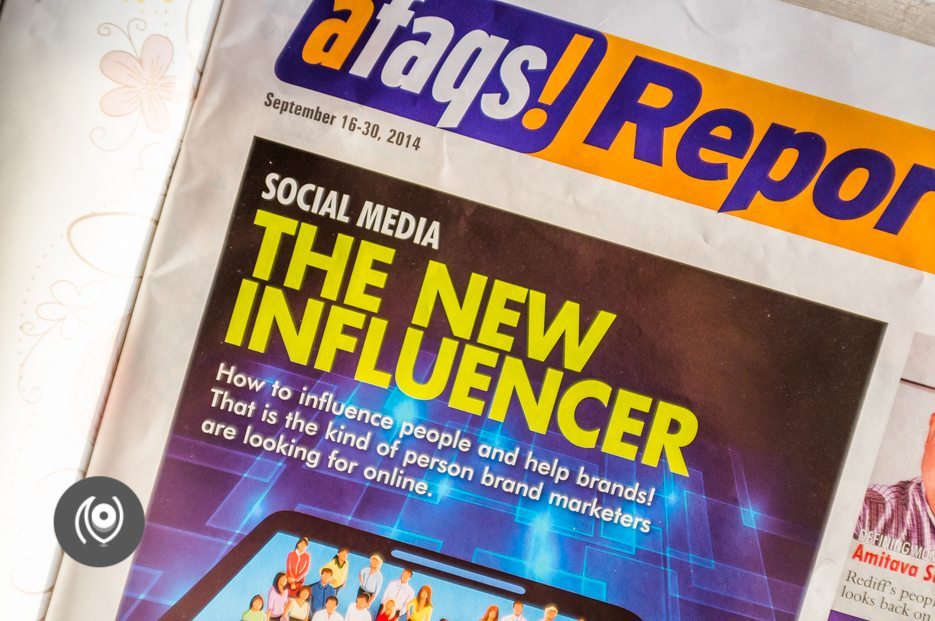
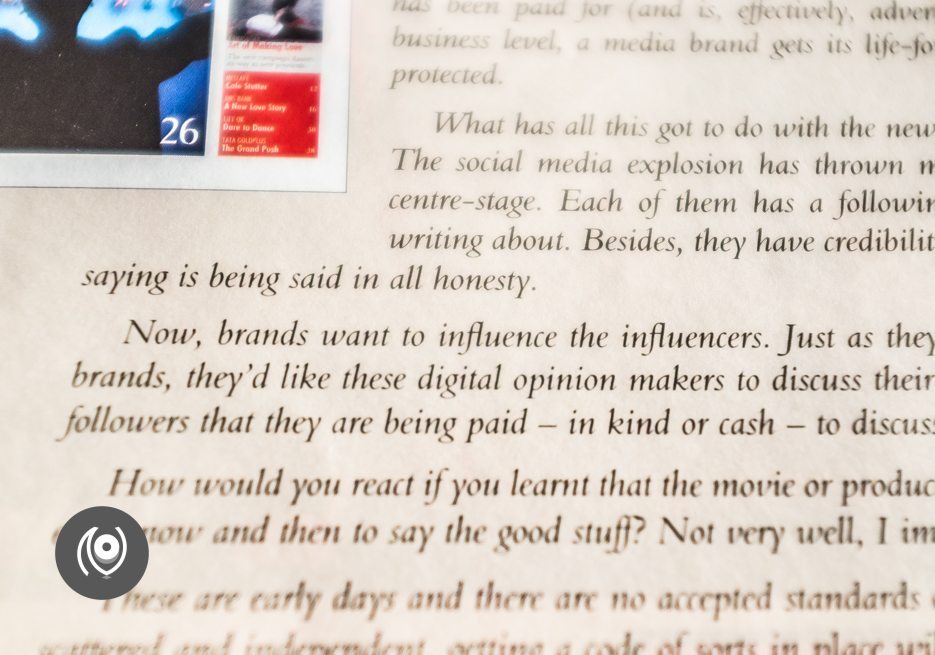
The Editor’s piece is quite interesting too. As an excerpt,
“Now, brands want to influence the influencers. Just as they use celebrities to say nice things about their brands, they’d like these digital opinion makers to discuss their products. Do these influencers admit to their followers that they are being paid – in kind or cash – to discuss products or services? Generally not.”
True. But this is still such a grey area because if we are comparing “influencers” to “celebrities”, which celebrity ever adds a disclaimer mentioning who paid them for each of the endorsements they do all year round? Or the gifts they receive from brands who only want one tweet?
I have always included a disclaimer with each of the paid stories I’ve done for brands and have now evolved to adding a “(*Client)” at the end of each such paid story. Even there, the money is not being charged for my opinion but for the work involved and the platform being provided for brand-awareness.
Even so, if there has never been a “code of conduct” where brands interact with celebrities, I doubt there will ever be one where brands work with influencers. It is up to each influencer to set their own standards. Regardless, word travels quickly and invariably everyone knows how each of us works. The main advantage of being transparent about how I work is that I can confidently dispel any rumours about the same because a brand’s experience of working with me is exactly the same as I claim it was.
This space is evolving and there’s a lot of “making hay while the Sun shines” as well as learning on the fly. There are many firsts and the influencers and brands are shaping this space. Like any other industry, whoever provides authenticity and professionalism will initially lead the way. Measurement of the impact of these influencer engagements is still not something that is being pursued.
If the product is terrible, I will say as much. Brands who are ok with that, win.
Some brands that have reached out to me have asked me to not write anything at all if my experience had negative elements. Some prefer no negative feedback at all, whereas there are some who request that if I have negative feedback, I should provide it to them privately. I have yet to come across a brand that is completely ok with negative feedback provided publicly. ( I did a story for Nikon once and they did say they were ok with the negative feedback in the blog story but considering they haven’t gotten in touch with me since then, I’m not sure they meant it. )
In my experience, negative feedback, especially publicly is a fantastic opportunity for the brand to create buzz around. It all depends on how they handle it. Brand owners can always put a positive spin on negative feedback.
The danger of negative feedback being controlled in online stories is that it travels even faster by word of mouth. While most “influencers” would choose to write only the good or neutral things about a brand, considerable amount of time is spent bitching about those very same brands over drinks with “friends”.
For the complete article online, visit the afaqs! website.
Thank you Satrajit. It is a well-written piece and I am thrilled to be a part of the list of influencers you interviewed. And this is the fastest anyone has ever sent over a print copy of the issue in which I contributed to an interview. Ever. Most don’t send a copy at all. And many misquote. I appreciate that you’ve kept my inputs true to what I said and meant. ( I know this sounds like a no-brainer but I have lost count of the number of times I’ve been misquoted. )

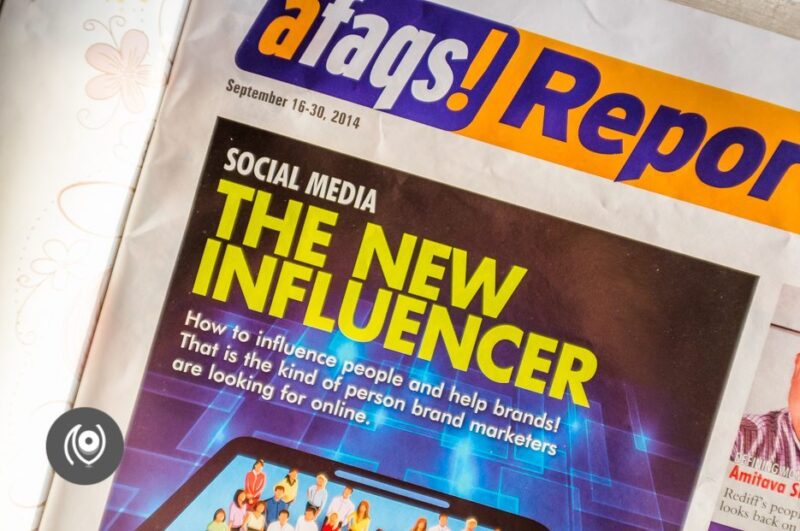
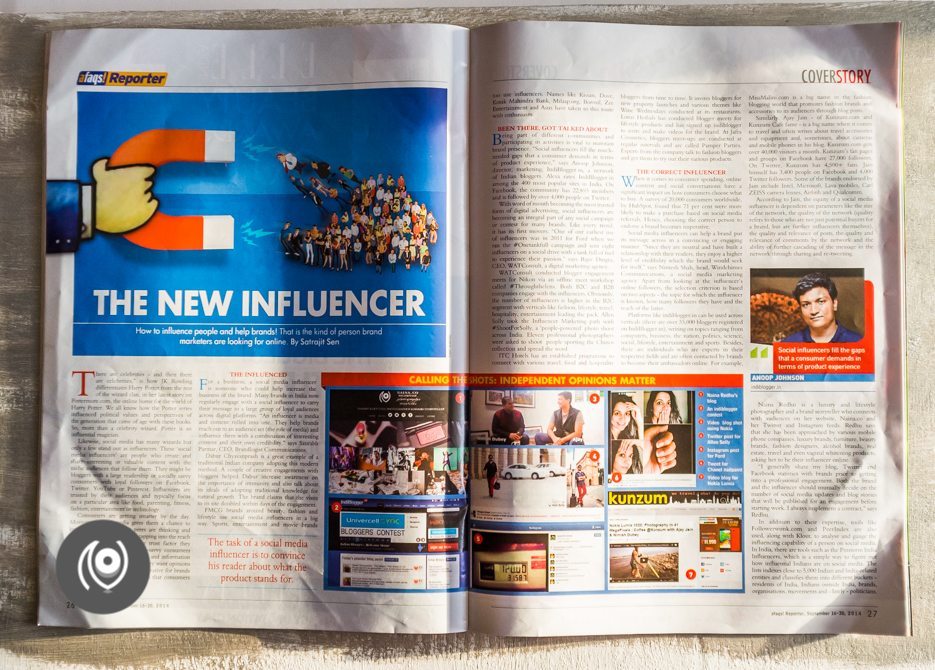
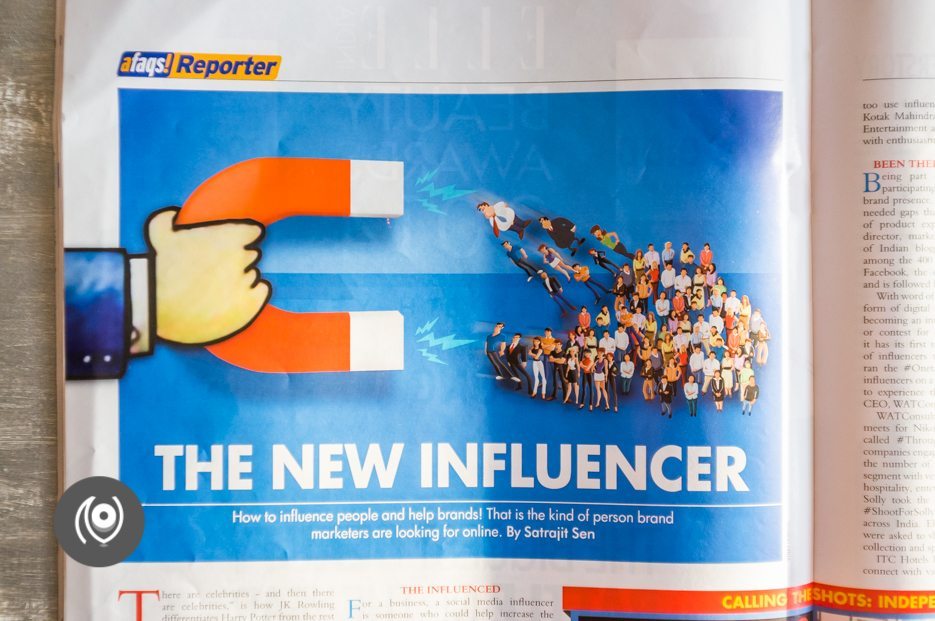
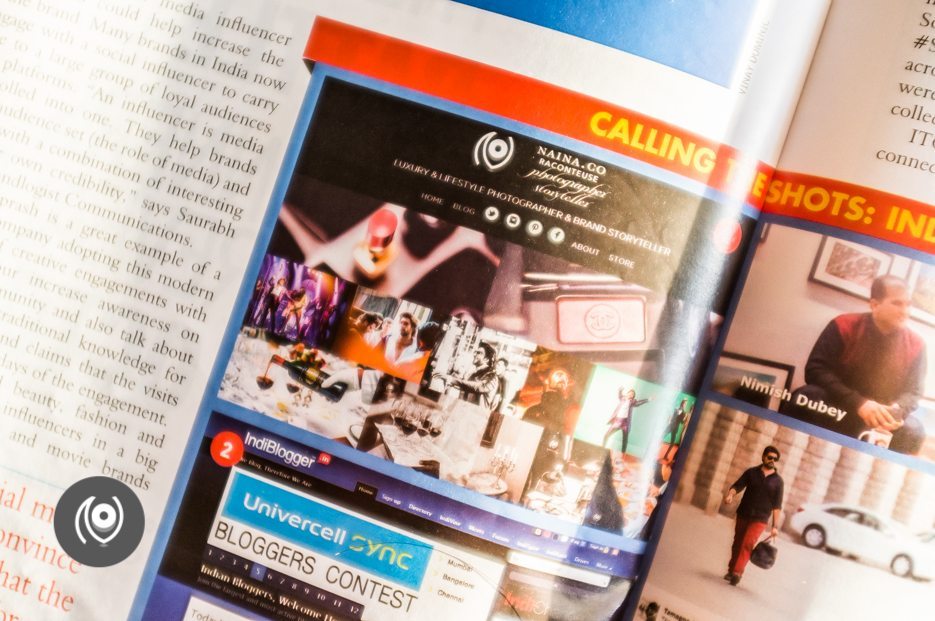
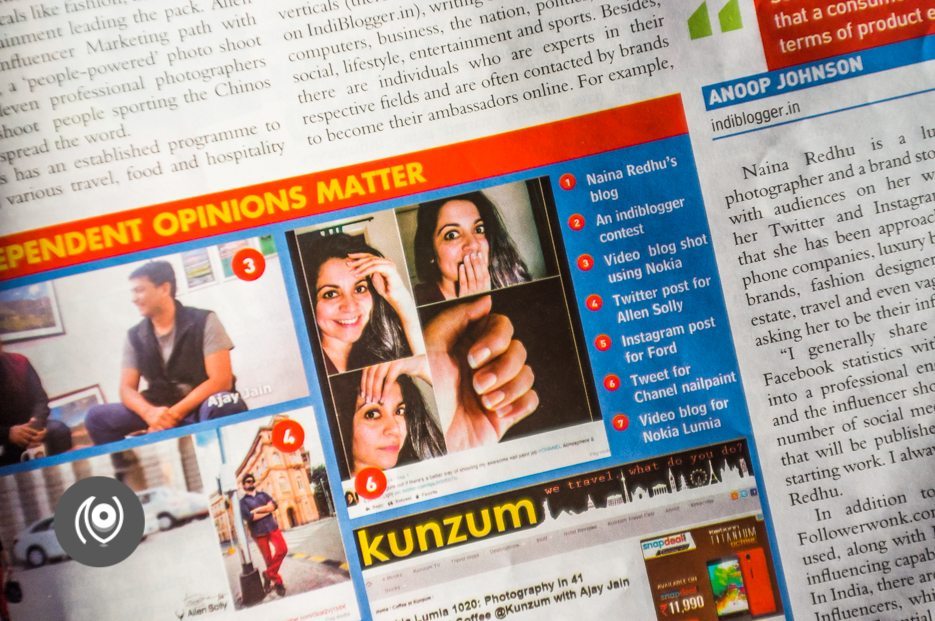
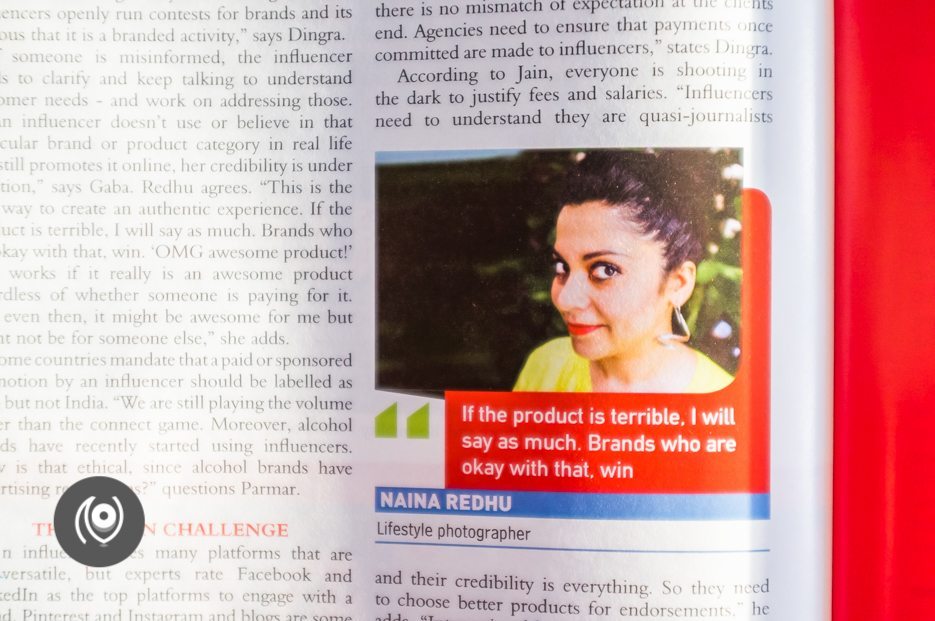


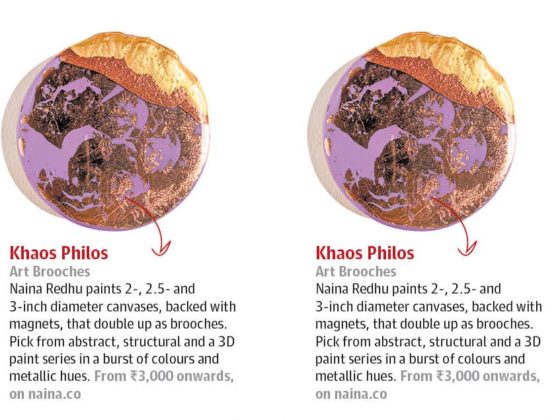
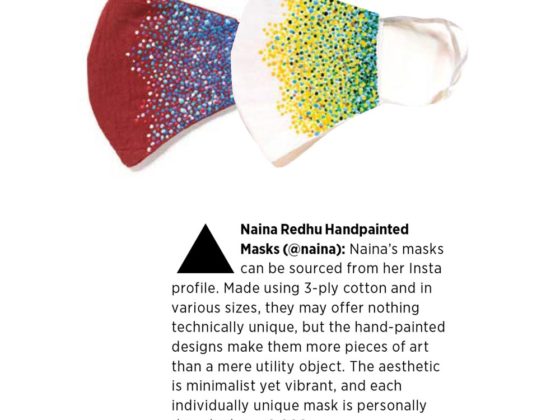
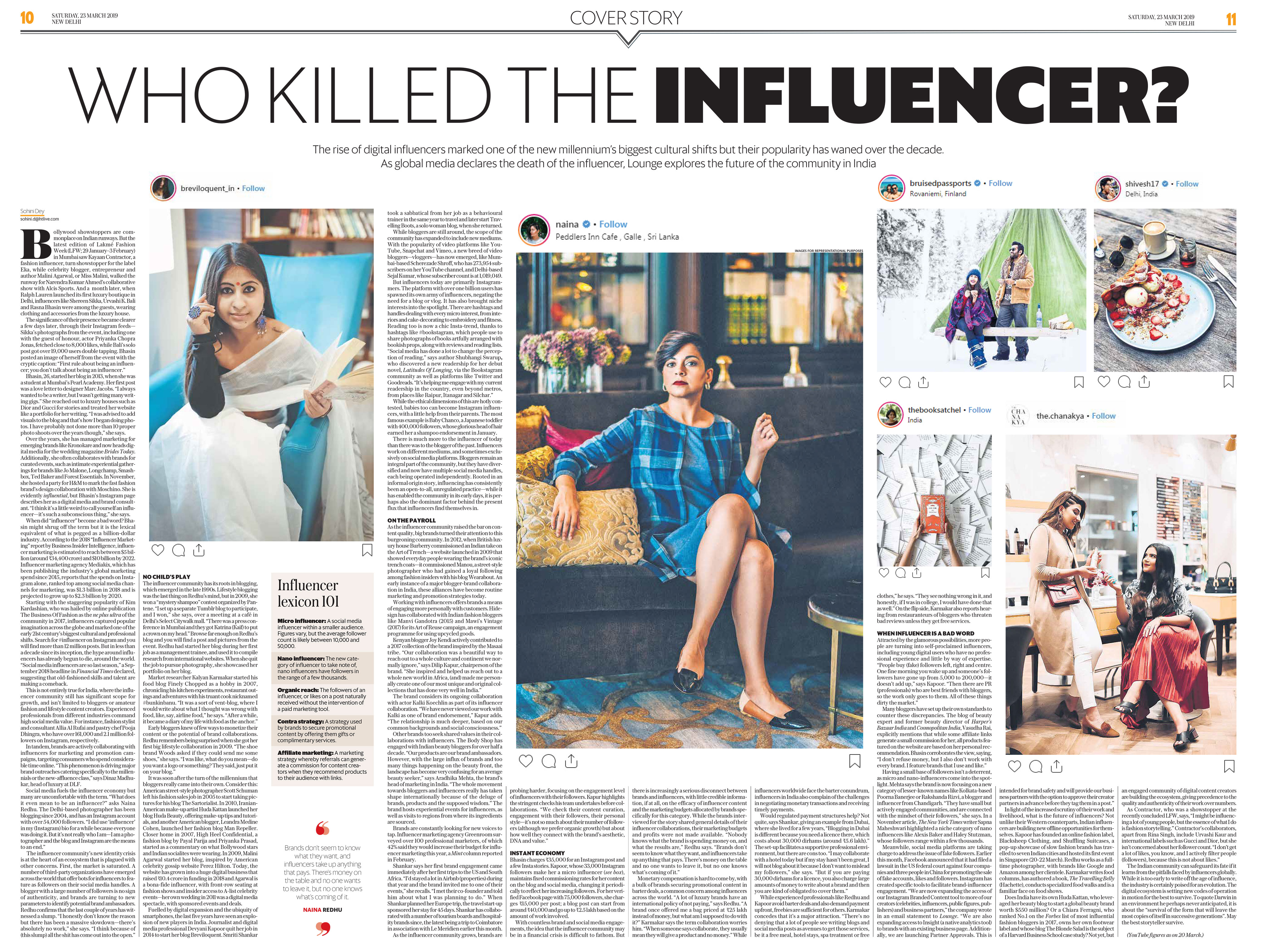

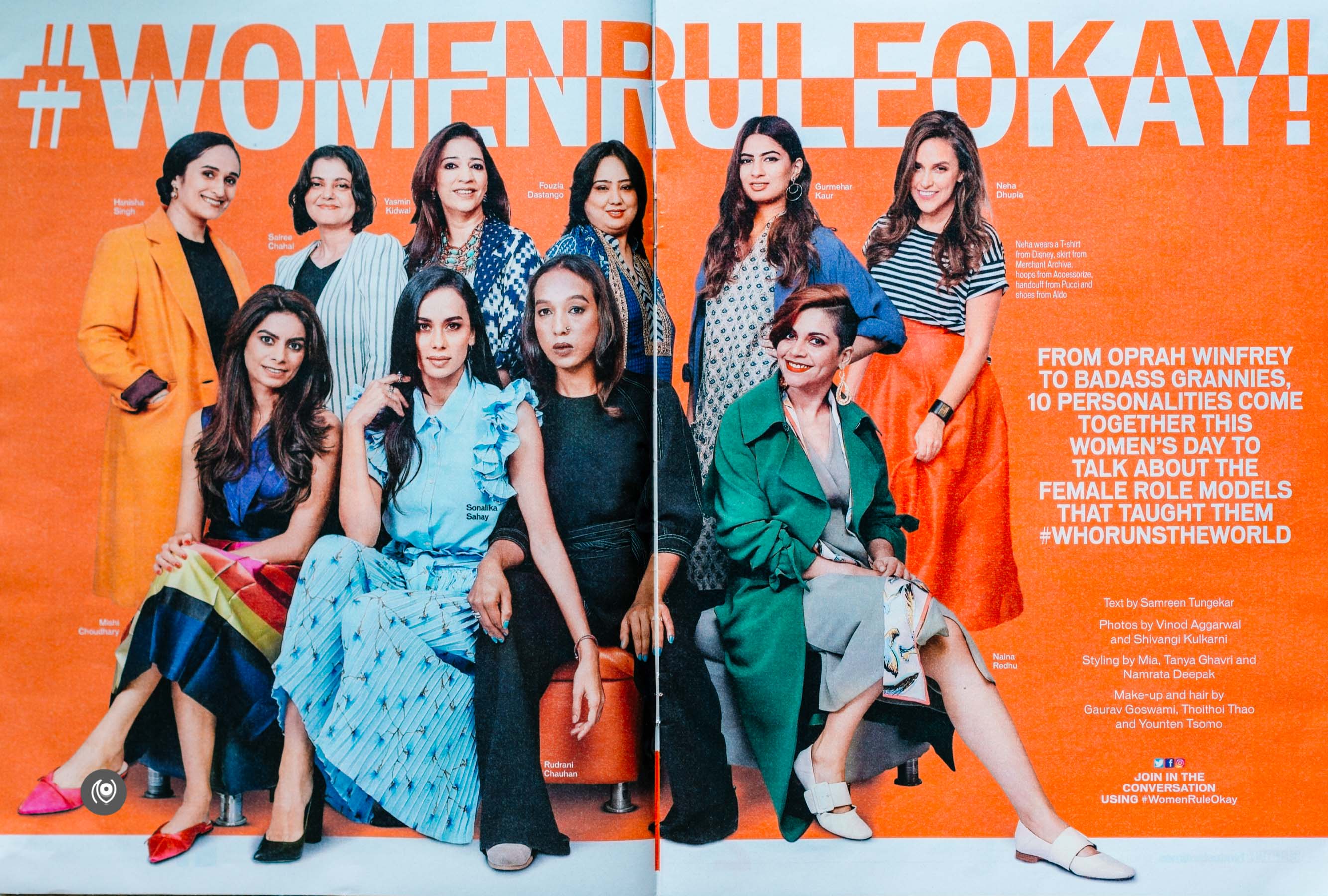
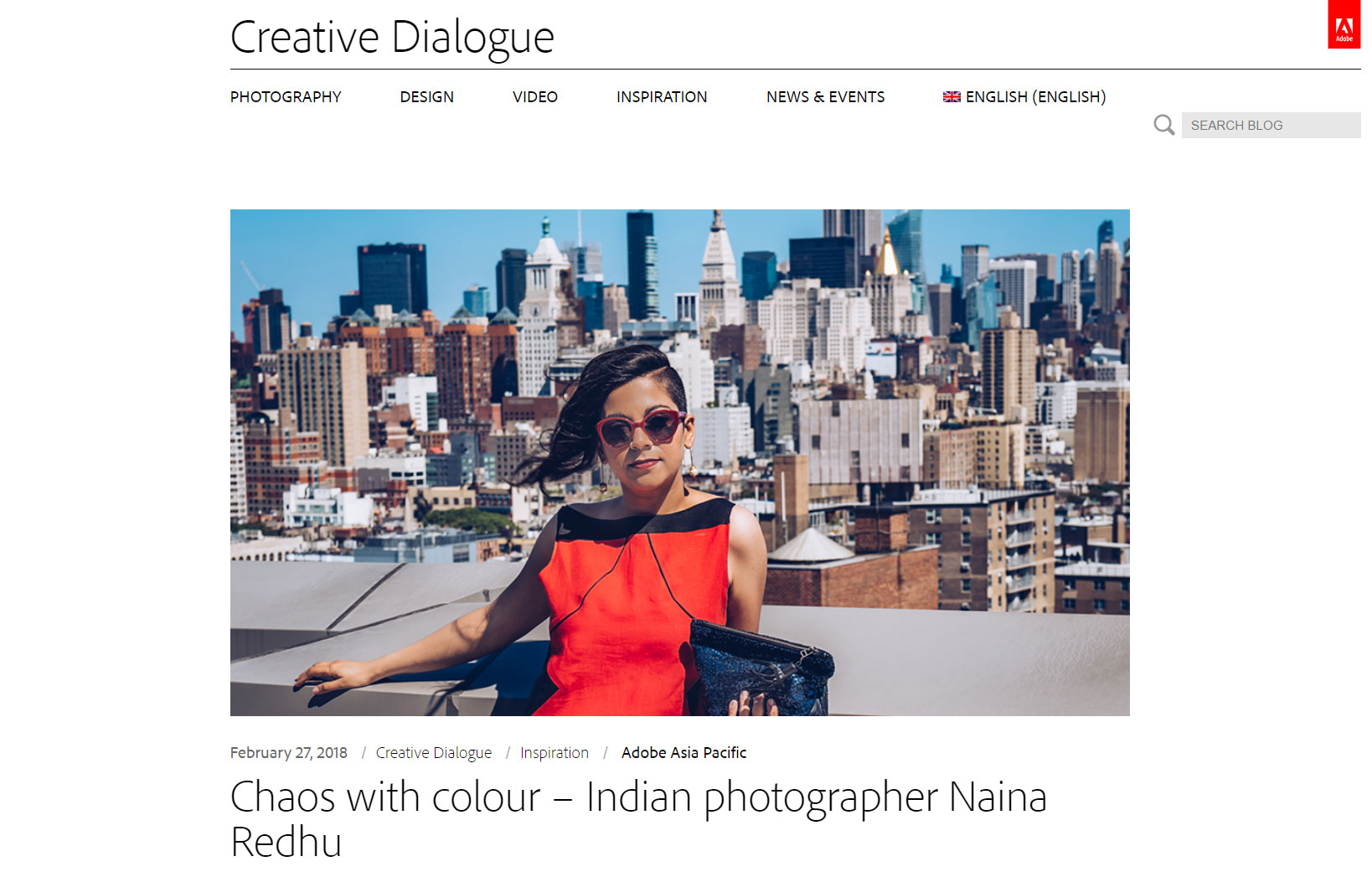
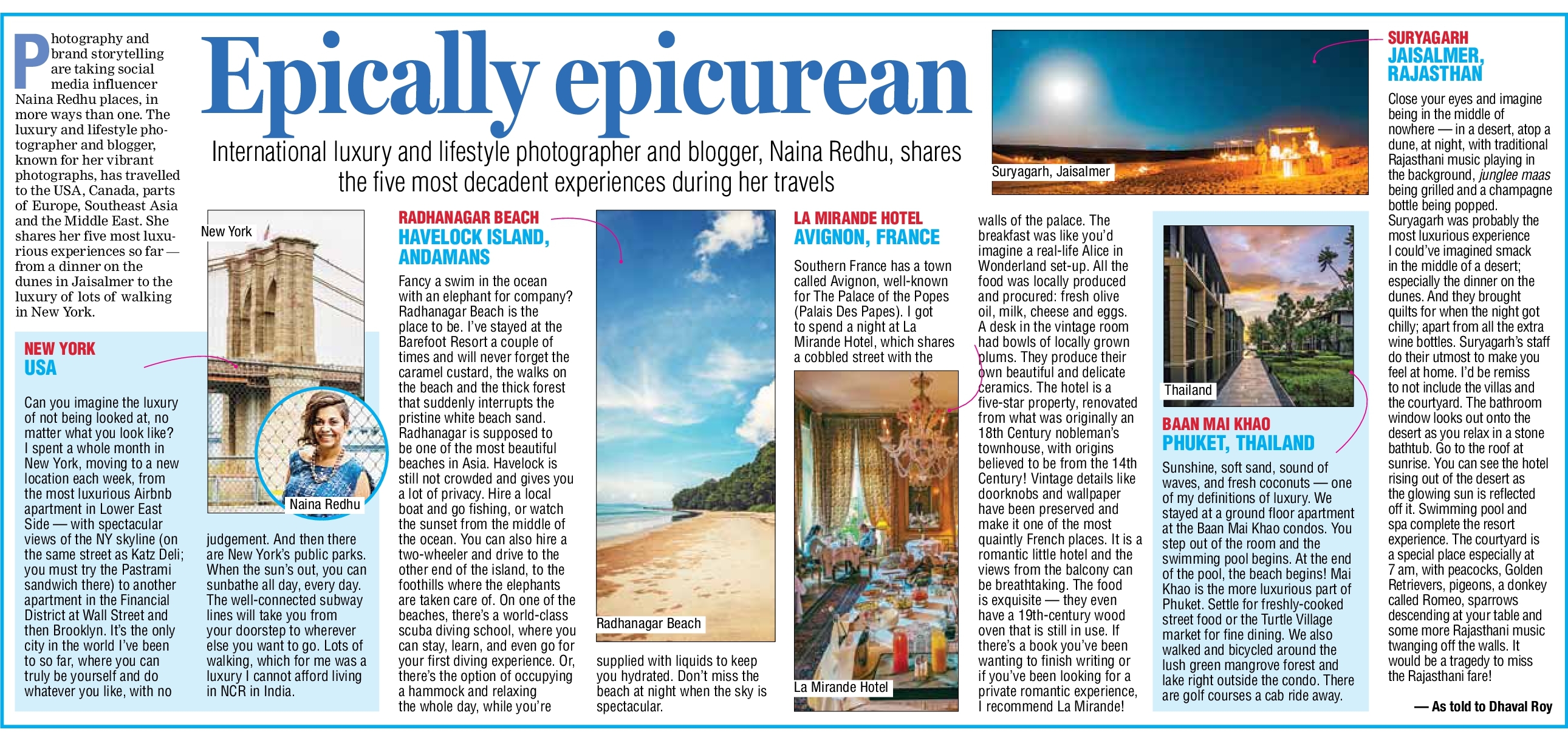
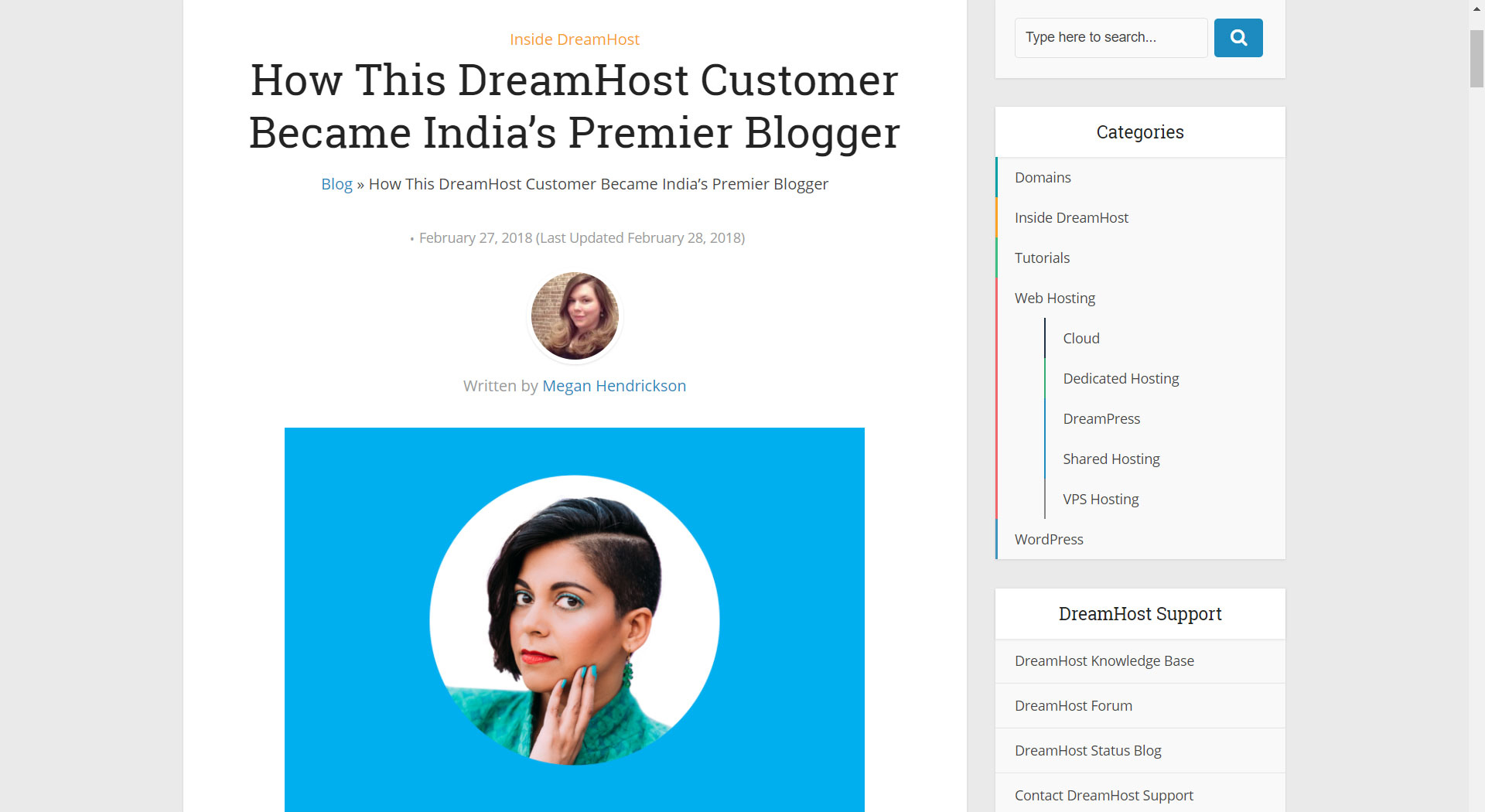
2 comments
Naina, I believe rules have to be different for celebrities and influencers.
When people hear celebrities talk about a certain product or see them promoting it in an ad, they automatically perceive it to be a paid gig and I doubt anyone perceives them to be promoting a particular brand/product, just because they liked it.
Influencers on the other hand are supposed to be people, who are sharing their firsthand experience/honest views or at least they did that in the beginning. Hence the general perception is that when they are talking about something, they are doing so based on their firsthand experience and not because of monetary compensation. This is why disclosure becomes important, if and when a company is either paying you to write about something or are sending you product for free, for review.
Hi Yogesh, thank you for the well thought out and detailed comment. Consider how influencers themselves are mini-celebrities these days and the discussion changes! ( People are smart. Their perceptions are mostly spot-on regardless of whether it’s a celebrity or an influencer. Disclosure is best all around. )
Comments are closed.